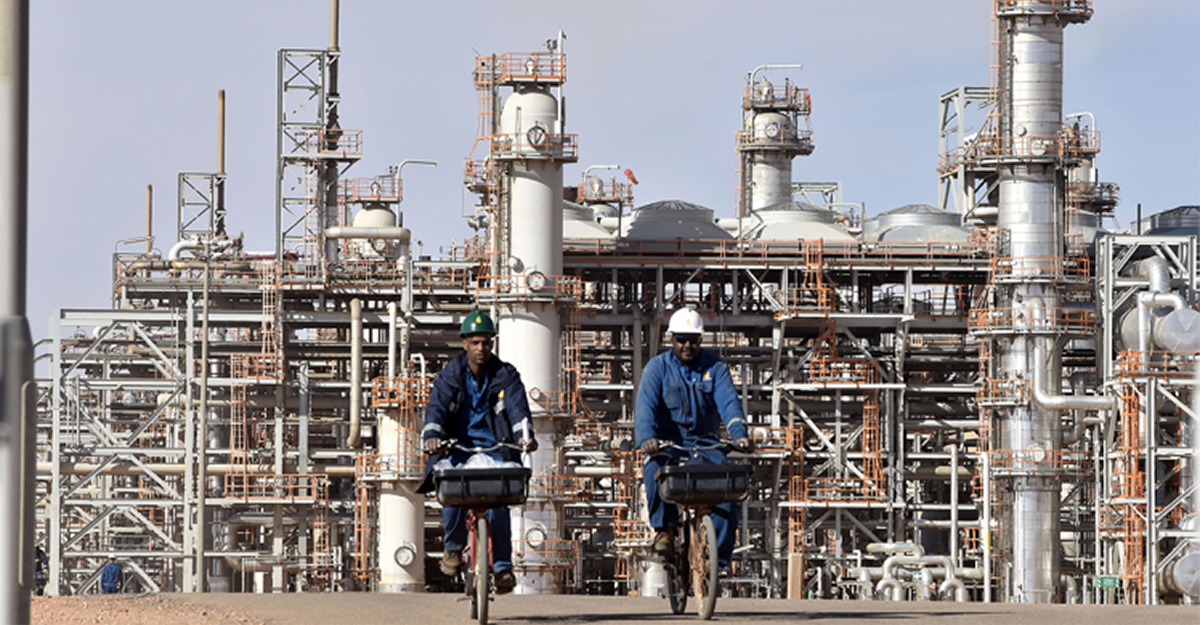“As the largest natural gas producing country in Africa, Algeria could be one of the major gas suppliers for Europe, which could greatly facilitate the separation from Russian gas,” Hungarian busines portal Portfolio writes.
But in addition to the capacity limitations of Algerian gas exports, as well as covering the growing domestic gas demand, political issues may also prevent the country from facilitating the EU’s separation from Russian gas. Particularly, its close military ties with Russia put Algeria in a difficult position.
The African country, which otherwise cooperates very closely with Russia — mainly in defense matters, thus trying to balance its relations with the West and Moscow — has not delivered gas through one of the two gas pipelines serving Spain, one of its main European consumer markets, since last fall. This pipeline connects Algeria and Spain via Morocco, with which the Algiers leadership has serious disputes regarding the issue of Western Sahara.
Following Russia’s invasion of Ukraine, Algeria is trying to find a kind of golden middle ground between its main arms supplier, Russia, and Europe, which is a key market for its gas exports.
As the main gas producer in Africa, Algeria is considered the third-largest gas supplier in Europe; its share in the EU’s total gas imports was 8.2 percent last year, down from 12.1 percent in 2020, the newspaper reports.
Approximately 83 percent of Algeria’s total gas exports go to the EU. Meanwhile, Europe’s main gas supplier, Russia, had a nearly 40 percent share of EU imports last year.
However, the possibility of significantly increasing Algerian gas deliveries to Europe is greatly reduced by the limited export capacity of Algeria and the increase in domestic gas consumption. But in addition to the growing local consumption, the fact that the Algerian gas sector is characterized by under-funded and aging gas fields also severely limits a significant increase in exports. And the effects of any planned new investments in production will only be felt after years.





